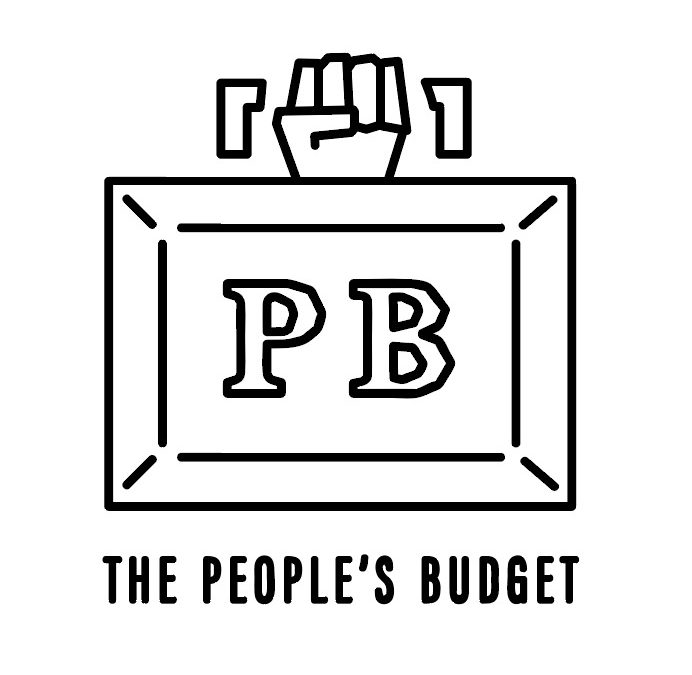As funding agreement for an MSc in Public Financial Management, I have agreed with my funders to carry out a public exercise in local government budgeting, write and make my findings public.
The People’s Budget is a mechanism in Tower Hamlets to transform the way we make decisions focusing on the high levels of inequality, by opening up crucial decisions that affect everyone’s life, opening up to wider group of ordinary residents and having a more meaningful and deeper engagement with ordinary folks.
Wider and Deeper Engagement
The People’s Budget has developed a working definition of deepened participation as:
‘Any change which allows a more direct, sustained and informed participation by citizens in political decisions’.
One way of putting this definition into practice is to understand that citizen involvement can take place at different stages of decision making. Any decision-making process is highly complex. However, for the purpose of The People’s Budget, the two key stages of the decision-making process are taken to be initial agenda-setting and final decision-making – i.e. who is able to exercise power to influence the subject or scope of participation and who has decision-making power?
Agenda-setting is highly significant because a great deal of power is exercised in political systems by being able to decide which issues are to be debated and discussed. In the majority of examples of participation exercises by Tower Hamlets Council, a decision has already been taken by a political authority as to the scope of public involvement. The experience of participation will be deepened if citizens are able to influence this prior agenda-setting process.
The Three Basic Principles of the People’s Budget
The People’s Budget is based on the three principles:
- Universal Citizenship
- Co-Governance
- Deliberative Decision Making
Universal Citizenship
Universal citizenship provides full rights of membership of the political community from the moment of birth. At the People’s Budget, the definition has been extended to all those who contribute towards the wealth of Tower Hamlets, the Commonwealth. This includes people without settled status, younger people and those who work in Tower Hamlets.
Co-Governance
The need for co-governance. Similarly, the final decision on any policy or service in Tower Hamlets is usually left to the political authority, after the participation exercise has taken place – citizen participation is simply one input into the final decision. However, at The People’s Budget final decision-making power will be handed over completely to citizens.
Deliberative Decision Making
Around the world there is widespread and growing interest in engaging the public in more deliberative and inclusive processes linked to policy and decision-making. This is occurring for a number of reasons, but principally in response to a wider social trend away from automatic deference to, and trust in, institutions of authority. Increasingly, public dialogue is being applied in many areas, including science, technology, engineering and medicine; central and local government; health planning and education.
How are we going to do this: Citizens’ Jury
Citizens’ juries bring together a small group of citizens to deliberate on a particular issue. Typically juries have the following features:
• 12 to 24 citizens selected by a stratified random selection process to ensure a diversity of demographic criteria (e.g. age, gender, ethnicity, etc.);
• over a period of 3-4 days citizens hear evidence, cross examine selected
experts and deliberate on the question(s);
• the event is run by an independent organisation and a facilitator ensures fair proceedings;
• at the end of the process citizens produce recommendations in the form of a report;
• the sponsoring body (e.g. a public authority) is expected to respond to the recommendations.
Why not Participatory Budgeting?: End Goal is a Participatory Budgeting Model
The end goal is towards a Participatory Budgeting system, the Citizen’s Jury acting as an interim measure, allowing us to build up the infrastructure for a Participatory Budget model.


Excellent project